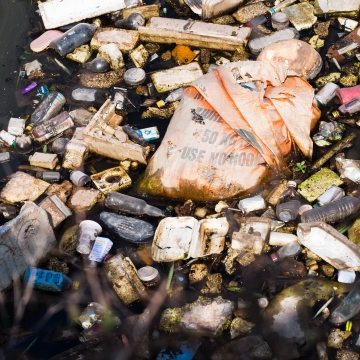Disentangling the chicken or egg problem of household waste sorting and segregated waste collection
Merely providing a collection service that ensures waste segregated at source is not mixed during transportation is not enough to induce households to segregate. Information campaigns are a must.
This research brief is based on the EfD Discussion Paper titled Disentangling the chicken or egg problem of household waste sorting and segregated waste collection: A randomized control trial in India by authors Shivani Wadehra, Zihan Nie, and Francisco Alpizar
About the study



